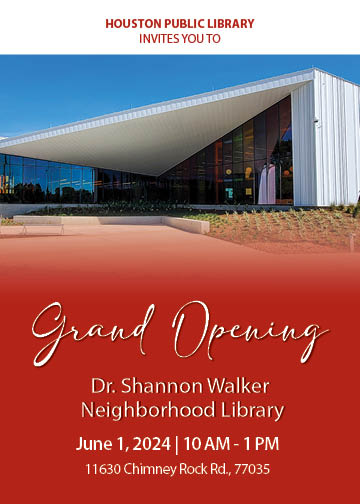
Agriculture in the Classroom: Bringing Hands-On Learning to Students
Many students today do not have the opportunity to grow up in an agricultural setting, but thanks to GrowNextGen, agriculture is being brought to their classrooms. By using agriculture to teach required science concepts with authentic context and student-led inquiry, teachers and students alike are benefiting from this innovative program.
Kayla Mintz, an 8th-grade science teacher at Gahanna Middle School East in Franklin County, has seen the positive impact of incorporating agriculture into her classroom. “We are actively growing soybeans in 5-gallon buckets, testing height, leaves, and flower types. The students are conducting their own research and learning all of our life science standards through this hands-on project,” Mintz shared. With the help of GrowNextGen, students are not only learning about plant growth but also problem-solving, such as addressing nitrogen deficiencies in the plants.
Amy Kochensparger, who teaches anatomy and biology at Eaton High School in Preble County, has found value in the virtual field trips offered by GrowNextGen. These field trips allow students to see firsthand how soybeans are produced, pigs are raised, and the technology involved in modern agriculture. “Student engagement is high during these virtual field trips as they get to ask questions and receive real-time answers,” Kochensparger explained.
The GrowNextGen program provides engaging lessons that also offer valuable insights into potential career paths in the agriculture industry. By connecting classroom learning to real-world experiences, students are able to see the relevance of agriculture in their daily lives. “The program not only meets state standards but also sparks curiosity and inspires students to explore new ideas,” Kochensparger added.
Supported by Ohio soybean farmers and their checkoff program, GrowNextGen is making a significant impact on students, teachers, and the future of agriculture education. From growing soybeans in buckets to virtual field trips, this program is shaping the way students learn about agriculture and science in the classroom.


